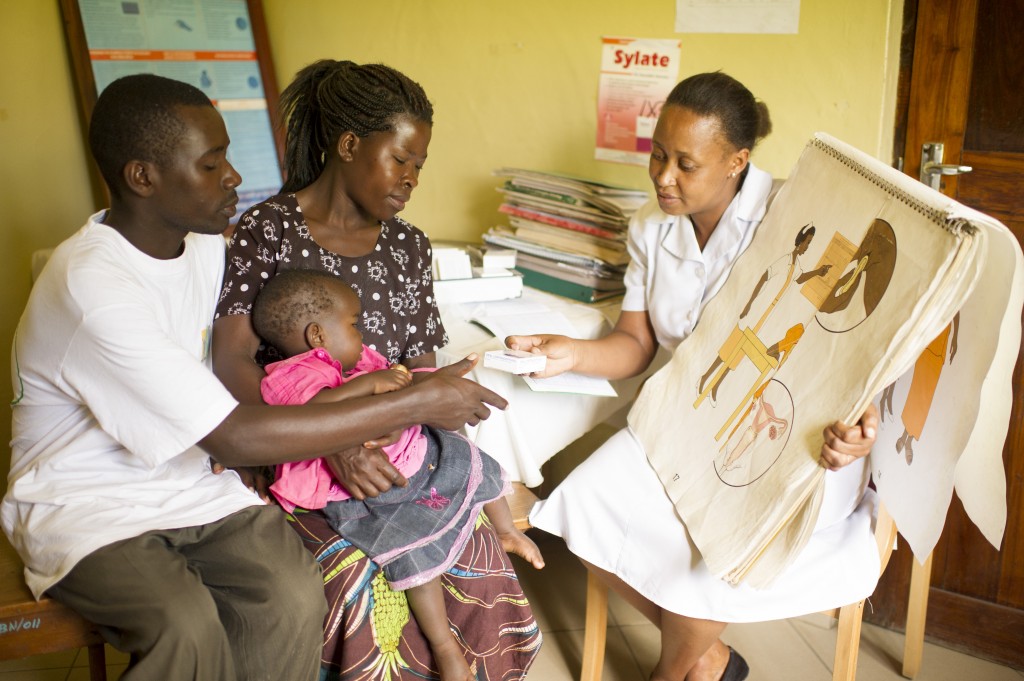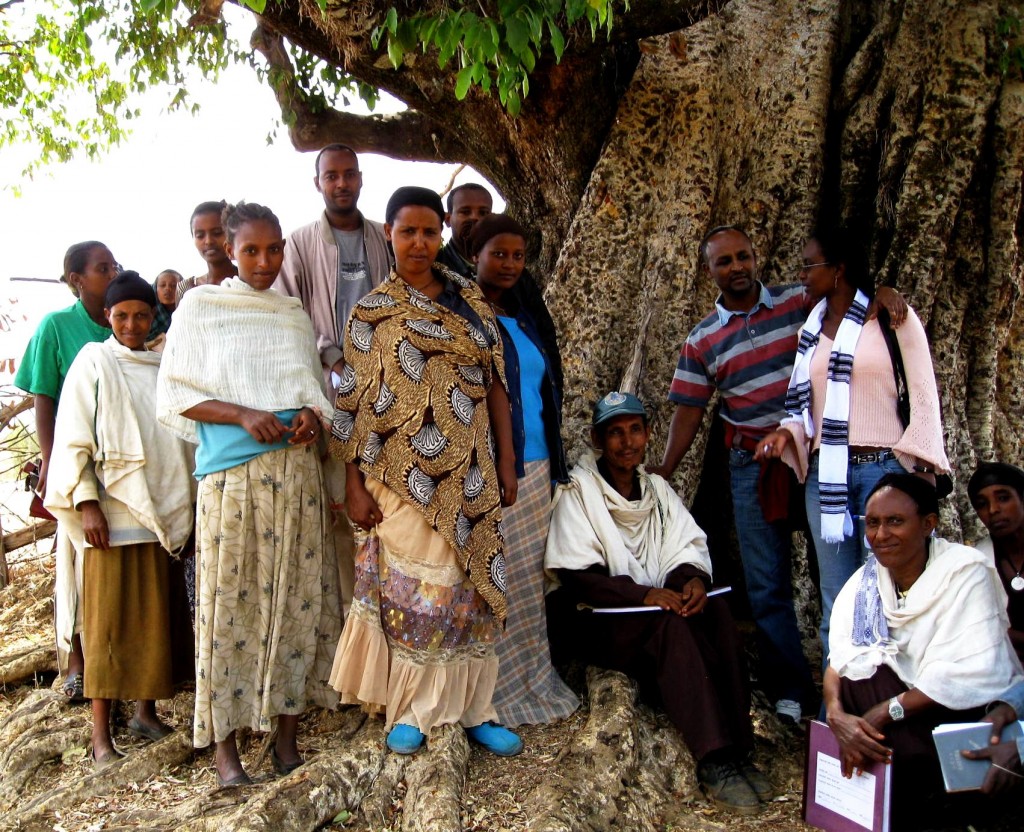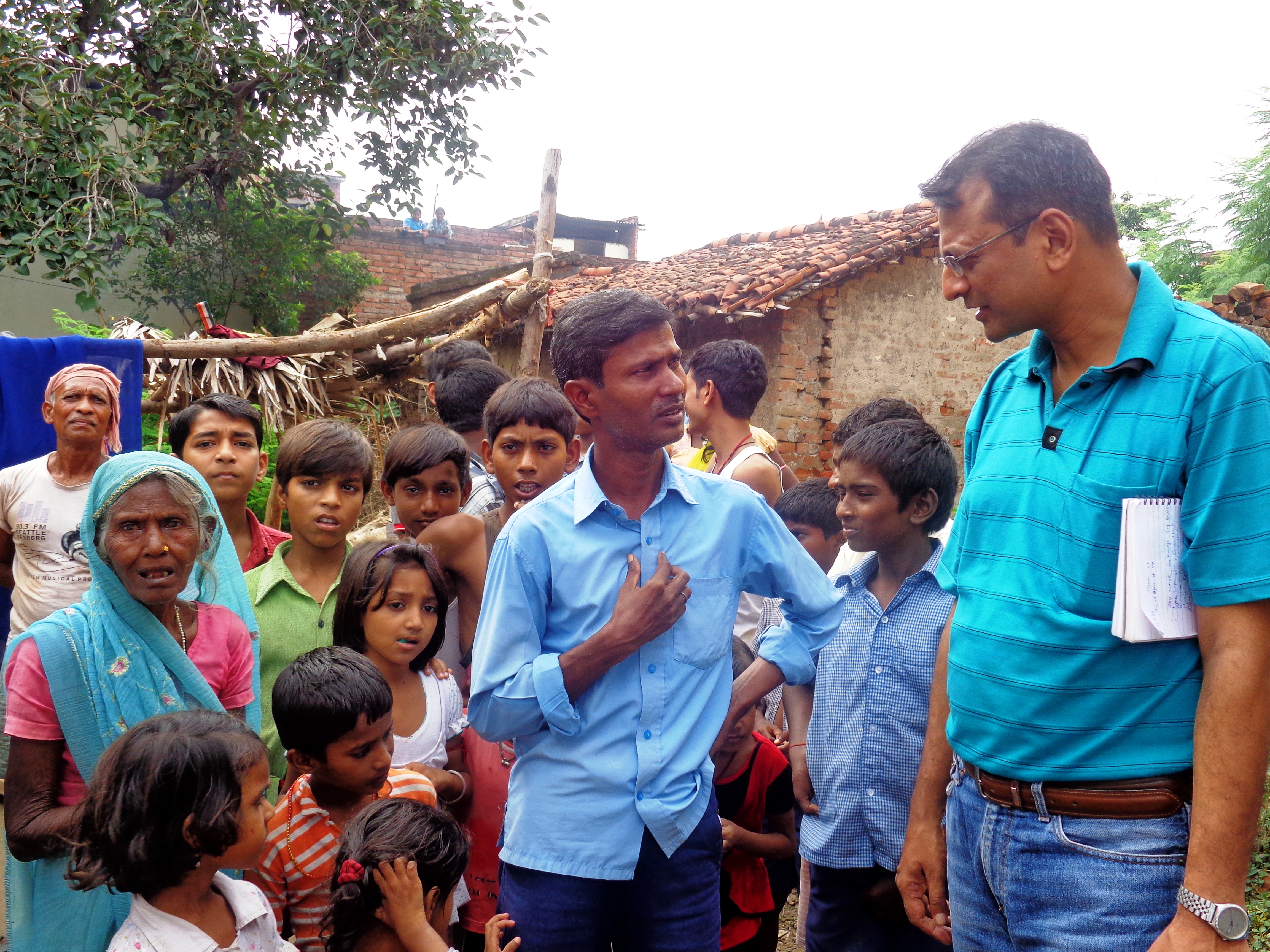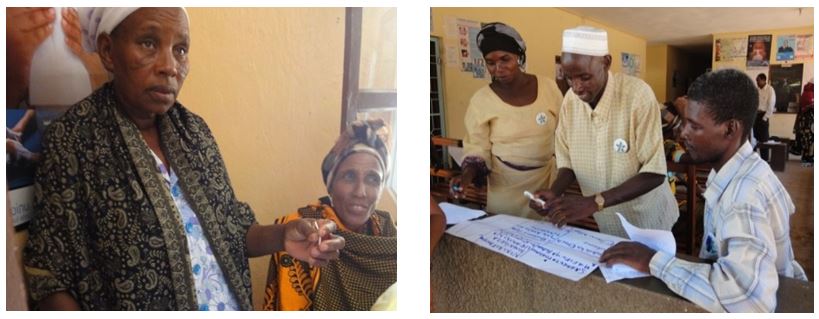By Pamela Barnes, President & CEO, EngenderHealth
In global health, nobody has an easy job, but ensuring voluntary and safe permanent contraception is among the toughest. Everything has to go right so that nothing goes wrong.
The latest disturbing news coming from Chhattisgarh, India, reminds us that despite being 20 years post-ICPD, we global health professionals have more to do to ensure reproductive rights, choice, and quality of care. And as the story goes—as it has too many times before—the devastating consequences are borne by mostly poor, rural women. It’s unconscionable.
Although the Chhattisgarh situation is under investigation by the Government of India, we know that quality of care was compromised at all levels. This includes the conditions under which the surgical sterilizations were performed, the high number of surgeries in a given period, the questionable quality of the medications, the implicit targets set by local authorities, and financial incentives. In many ways, there isn’t a simple answer to what happened–there were a series of systemic, programmatic and clinical failures. Many organizations, including EngenderHealth, have called for a greater need to ensure and protect human rights, reproductive rights and clients’ rights; and to address informed and voluntary decision making, counseling, client safety and service quality.
But how does this translate into action? What must go right so that nothing goes wrong?
EngenderHealth’s commitment to getting everything right, beginning with our work in voluntary permanent methods decades ago, has led to the development of standards used throughout the field for informed consent, clinical safety, infection prevention, and other aspects of quality service delivery. These have also been applied to broader family planning and reproductive health issues. What we’ve learned is that investments must take place at all levels – beginning with a fundamental recognition that individuals have a basic right to full and appropriate information about their reproductive health choices and that they are able to make decisions without coercion, pressure, or inducements. For EngenderHealth, it’s about achieving a vision of client-centered care and all that is meant by this term.
For example, in India it would mean expanding the contraceptive method mix in the public sector, ensuring quality, and working to advocate for a focus to be on client’s choices rather than achieving targets. Right now, it’s mostly sterilization services, intrauterine devices (IUDs), condoms and pills—a situation which limits choice for women and others, including unmarried adolescents. We also see a greater need for training so that service providers are equipped with skills to provide voluntary, safe and quality services and can monitor quality, rights and choice for continuous quality improvement. These are examples of the kinds of concrete actions that must be undertaken as part of a broader comprehensive strategy rooted in a rights-based approach.
The incident in Chhattisgarh is a sobering reminder of what can happen when family planning services are not designed, implemented, or monitored in a way that protects and fulfills individual’s human rights. We urge the Ministry of Health and state governments to take decisive action to develop practical approaches for infusing a rights-based approach, with quality of care as one of the top priorities and with women’s needs, desires, and preferences at the center. To do otherwise would simply maintain the status quo.
—–
EngenderHealth and its partners have developed two new publications to assist diverse audiences, including donors, policymakers, program planners and managers, service providers, rights advocates, and community members, in their efforts to achieve rights-based family planning programs.
The first publication is the Voluntary Rights-based Family Planning Conceptual Framework User’s Guide, a practical resource to help stakeholders design, implement, and monitor family planning programs that respect, protect, and fulfill human rights. Coauthored with the Futures Group, with support from the Bill & Melinda Gates Foundation, the guide is a companion to the recent publication of Voluntary Family Planning Programs that Respect, Protect, and Fulfill Human Rights: A Conceptual Framework, which took long-standing family planning concepts, such as quality of care, voluntarism, and service access and linked them with human rights principles, such as empowerment, equity, nondiscrimination, and accountability. The Framework provides a holistic vision of what a rights-based family planning program looks like; the User’s Guide provides a pathway to applying the framework in actual practice.
EngenderHealth also developed Checkpoints for Choice: An Orientation and Resource Package, which takes a closer look at the concept of voluntarism—one component of a rights-based approach—and helps stakeholders understand the clients’ experience and their ability to make full, free, and informed choices about family planning. The tool, developed with support from the William and Flora Hewlett Foundation and the United States Agency for International Development, consists of a detailed plan with all support materials for a one-day workshop to enable family planning program planners and managers to strengthen the focus of family planning programs on clients’ ability to make full, free, and informed contraceptive choices in the context of a rights-based program. In addition to the workshop guidance and materials, the package includes links to recommended references, tools, and additional reading.









